When Russia launched its full-scale invasion of Ukraine, film director Kateryna Gornostai found herself questioning whether she would continue working.
"I had this feeling that life — at least professionally — had come to an end," she says. "Who needed directors or screenwriters, then? At most, volunteers were needed, but hardly anyone involved in filmmaking."
The urgency of documenting the war soon became clear, but emotionally picking up a camera didn't come easily. The 36-year-old filmmaker struggled with fear and doubt, knowing any shot she filmed could be her last.
"It felt scary that you're filming, and these could be your last shots because now a missile will hit here. And that's all that will be left of you."
Yet, she did return. In 2023, Gornostai began working on her first film following the start of the full-scale war.
Her latest documentary "Timestamp," was screened at the 75th Berlin International Film Festival — making her the first Ukrainian director in nearly three decades to compete for the Golden Bear. The last was Kira Muratova's "Three Stories" in 1997.
Gornostai attended the Berlinale only briefly, arriving just for the film’s screening on Feb. 20, days after giving birth to her son.
"Timestamp" follows students and teachers across different parts of Ukraine, including cities regularly pounded with Russian missiles and drones, showing what everyday school life looks like in the war-torn country.
The film is both intimate and unflinching, offering a glimpse into how kids endure the hardship of growing up under constant bombardment.
Gornostai dedicated the film to her younger brother Maksym, killed in action in 2023 while she was still filming.
On June 11, the film premiered in Ukraine.
"It should be both fun and sad at the same time," she told the Kyiv Independent days before the screening. "That's what we hope for."
Author Yuri Andrukhovych on Ukrainian dissident art in Soviet times
In Soviet times, being a pro-Ukrainian artist was dangerous. The Soviet secret police were particularly brutal in Ukraine, given that it was a country with a long history of resistance to Russian rule. Still, new generations of artists remained committed to their culture in the face of widespread Russification. Among

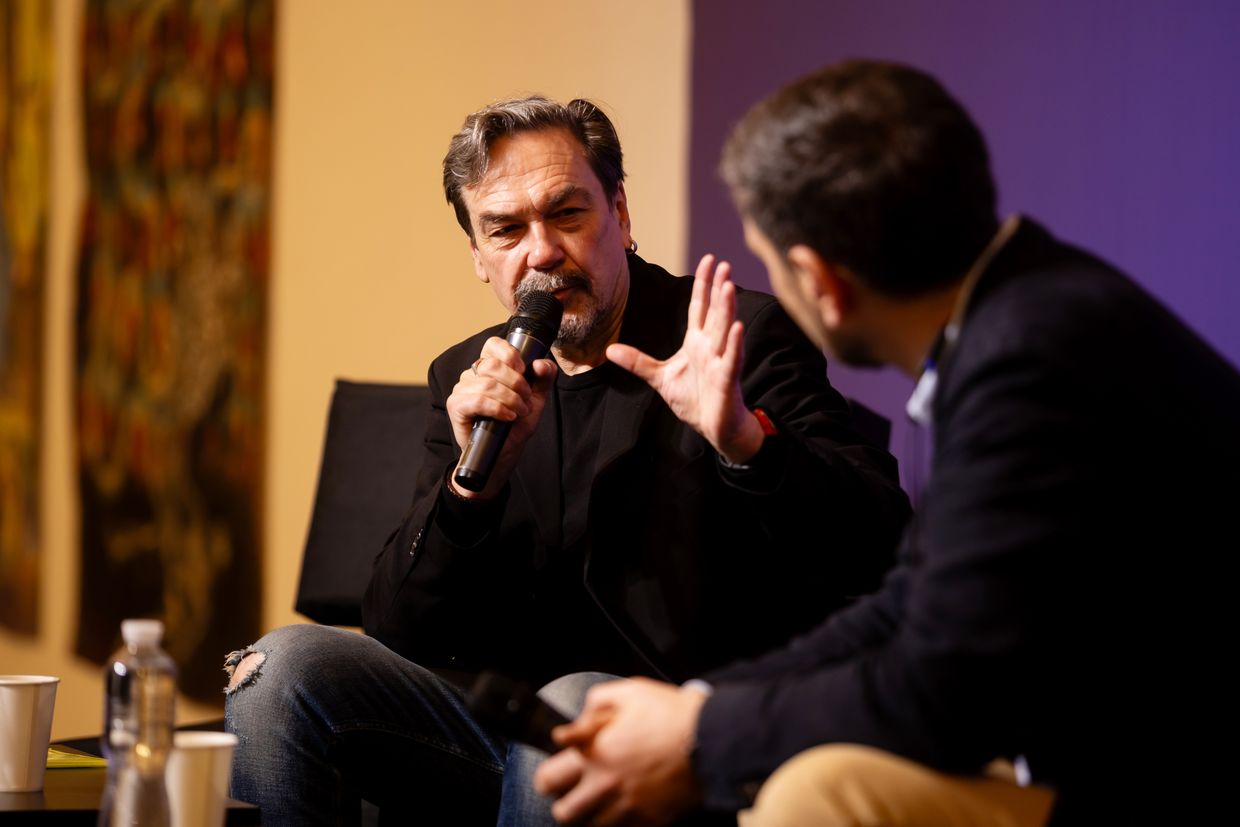
Childhood and war
Themes of school and adolescence are in the spotlight of Gornostai's work, with autobiographical and personal elements running through it.
Just over a month before Russia launched its all-out invasion, Gornostai's debut feature film "Stop-Zemlia" premiered in Ukraine in January 2022. The movie earned recognition both at home and abroad, winning the Crystal Bear in the Berlinale Generation 14plus section, a category for movies that explore the life of children and teenagers.
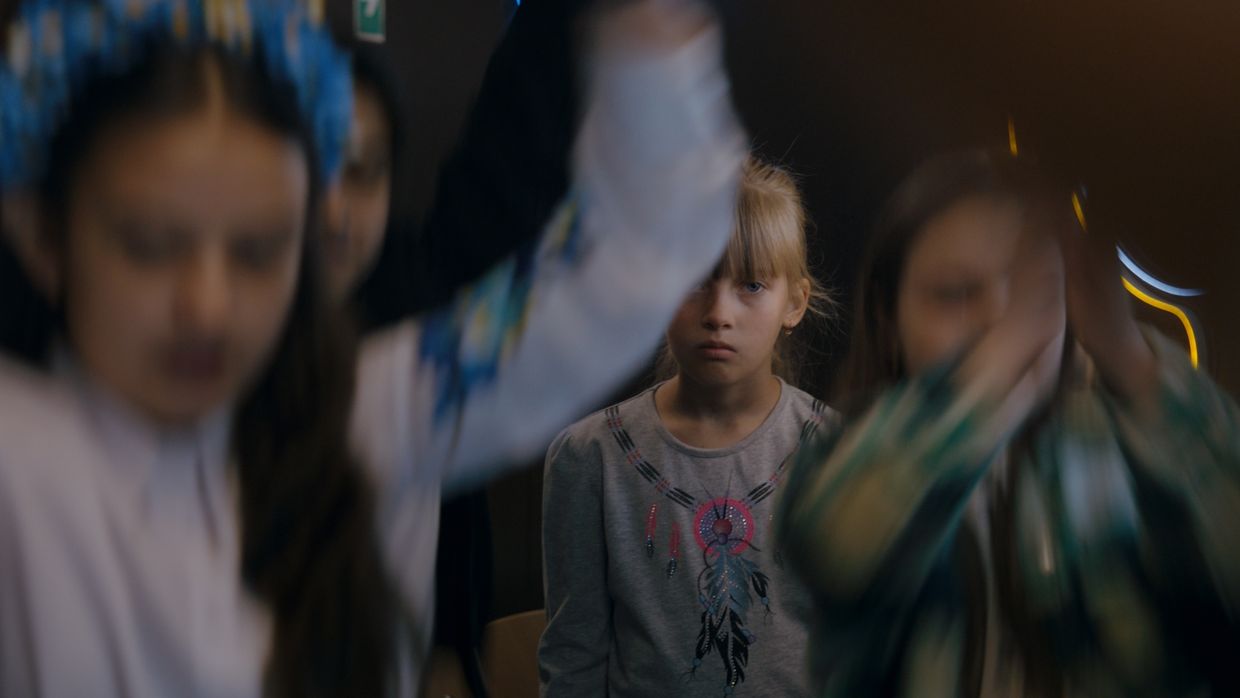
"Timestamp" has the same focus, yet different story, showing a new reality that Ukrainian education is facing — remote learning, damaged infrastructure, constant air raids, studying in the subway, and the psychological trauma of kids at war.
One of the most important scenes in the film for Gornostai is the funeral of the school principal in the town of Romny, Sumy Oblast, killed in a Russian drone strike on the local school in August 2023.
It’s the only moment in the film where Russia is directly accused of aggression against Ukraine, the phrase spoken by a priest.
"Because already, so much pain has touched nearly every person. Everyone has experienced some kind of loss — from their homes to their loved ones. Many have lost the most precious thing of all: life itself."
"This school didn't live to see its hundredth anniversary, which would've been next year. It survived World War II, but it didn't survive this war," Gornostai says.
Since the full-scale invasion of Ukraine, around 3,500 educational institutions have been damaged, and around 400 completely destroyed, Deputy Education Minister Yevhen Kudriavets said in late February of 2024.
Turning point
The Euromaidan Revolution was a turning point for Ukraine — and for a new generation of filmmakers, including Kateryna Gornostai.
She was studying in Moscow at the time of the Maidan protests in 2013 but returned to Kyiv to document the unfolding events.
"We all started making documentaries that explored civil society," she says. "It was a moment of growth — personal and professional. You're filming real events but also thinking about how they'll come together as a story."
She made two documentaries during that time — "Maidan is everywhere" and "Euromaidan." Rough Cut, of which she was a co-author. While many turned their cameras toward the front lines of Russia's war in Ukraine's east that followed, Gornostai chose a different path.
"I'm very scared," she admits. "Even on Maidan, I couldn't stand between the Berkut (riot police) and the protesters like some of our colleagues. I stayed in the rear, and I remember thinking — there are stories here, too."
More than a decade later, she sees that moment as the foundation of a powerful wave of Ukrainian cinema.
"(The Euromaidan Revolution became) a separation from that post-Soviet, Eastern European blend — because it used to feel like our cinema was perceived as part of Russian cinema prior.
Russian propaganda
During the interview, Gornostai's tone sharpens when the conversation turns to Russia's cultural influence.
For decades, Moscow cast a long shadow over Ukrainian cinema. Even after Ukraine's independence, Russian money and distribution networks kept a grip on the country's film industry.
That influence didn't vanish with the invasion — it just evolved. Since the start of the war шт 2014 against Ukraine, Russia's film industry has shifted to propaganda.
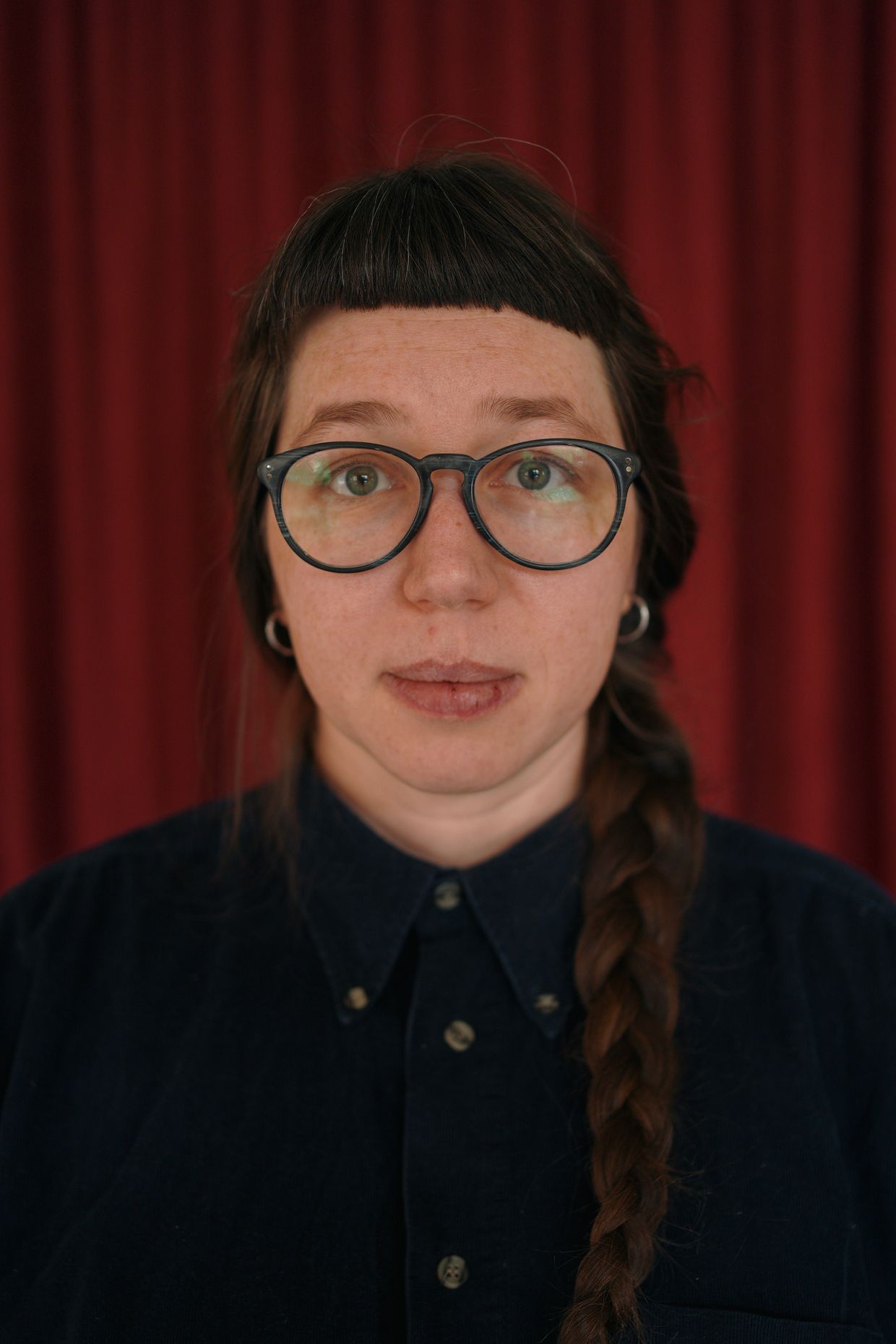
Yet, Russian films still screen at major international festivals, and Russian actors who support the war against Ukraine continue to win awards.
"Movies are just one small part of a much bigger (Russian) cultural push," Gornostai says.
"In fact, there is a huge campaign that has lasted for many, many decades, involving enormous financial resources, all aimed at creating an image (abroad). This is something that we (in Ukraine) have not done. And what we are trying to do now is to build some kind of postcolonial lens through which Ukraine should now be seen."
“Most of the films that have been screened somewhere weren’t made thanks to the circumstances in Ukraine, but rather in spite of them.”
Abroad, she says, fascination with Russian culture persists, while the understanding of Ukraine still lags behind.
"The fact that there are signs of genocide committed by Russia and that the Holodomor could have already been recognized as a genocide a century back — very few people know that abroad. But they do know the great Russian ballet, literature — all those things that were deliberately built up, promoted, and became part of a certain stereotype."
According to Gornostai, for a long time, there was a prevailing belief in Ukraine that the answer to Russian propaganda should be counter-propaganda. But she thinks that Ukraine should be creating high-quality cinema, not propaganda of its own.
"We simply need something completely different that will make us stand out and represent ourselves on the international stage. I think quality is very important now in this world," she adds.
Gornostai believes that the current crisis in Ukrainian cinema stems more from domestic policy than the war itself. Even before Russia’s full-scale invasion, government inaction had weakened the industry.
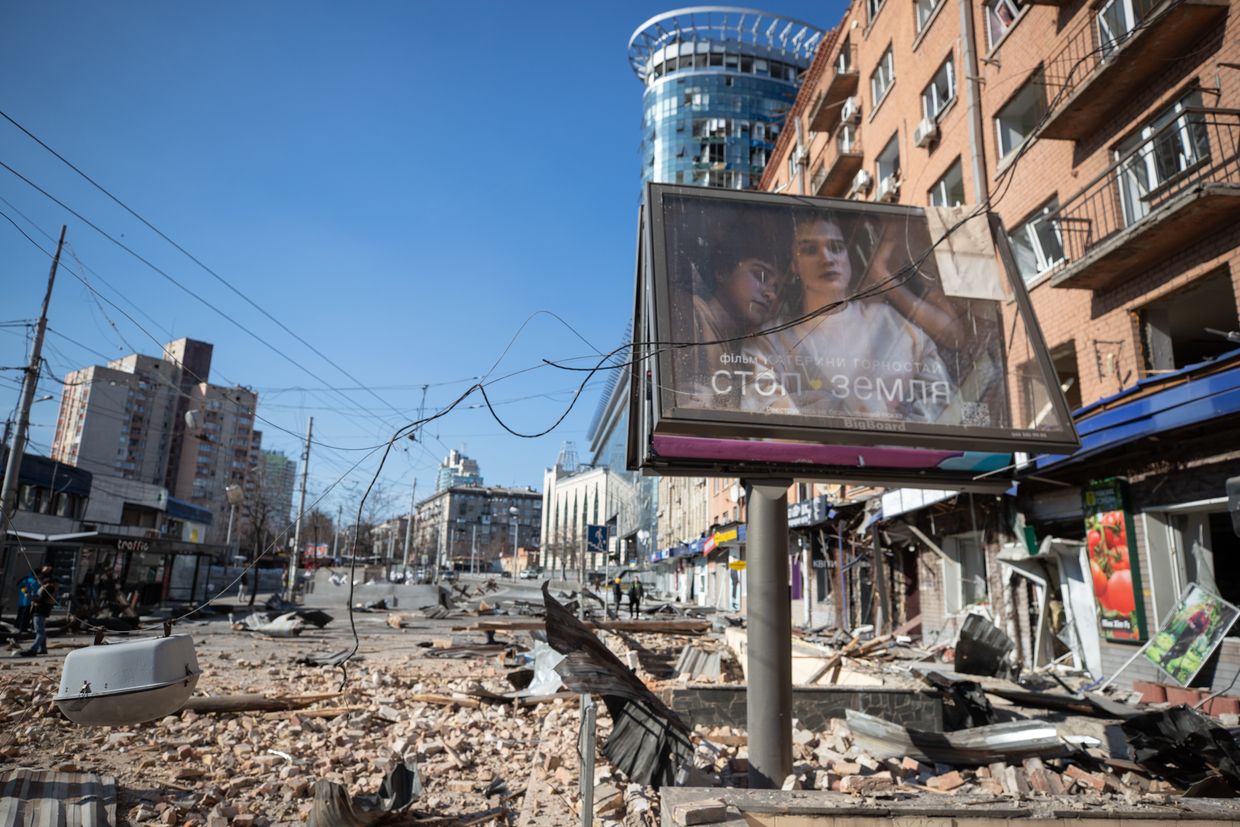
Following the invasion, funding for the State Film Agency was slashed. In 2025, only Hr 204.1 million ($4.9 million) is allocated, nearly 70% less than in 2024.
“Most of the films that have been screened somewhere weren’t made thanks to the circumstances in Ukraine, but rather in spite of them,” says Gornostai. “They were funded either by private money, individual initiatives, or through international grants, producers, or festival pitching awards that made production possible. Documentary filmmaking can survive in this way.”
A standout example is “20 Days in Mariupol” by director Mstyslav Chernov, which documented the Russian siege of the city in 2022 and won Ukraine’s first Oscar in 2024 for Best Documentary.
“This is a huge victory for the truth itself. It preserves and engraves the history of Mariupol and no one will be able to distort it anymore,” Gornostai says.
Post-war script
Gornostai's new feature film, "Antonivka," is expected to be released in 2027. Set in the aftermath of Ukraine's victory in the war, the film explores death.
"Even when this war ends, it won't truly be over," says Gornostai. "Because already, so much pain has touched nearly every person. Everyone has experienced some kind of loss — from their homes to their loved ones. Many have lost the most precious thing of all: life itself."
She believes that once the war ends, there will be a difficult period of collective reckoning — a time when people begin to process their grief. Her film, she says, is an attempt to open that conversation.
"There's this ephemeral law that time heals. It works very strangely. It doesn't really heal. That's not the whole phrase," Gornostai says. "Time simply passes, and it's as if layers of new experiences start to build up after that very significant moment in your life — for example, the death of someone close to you. These layers grow, and it's as if they gradually distance you from that moment."
"That's the subject I'm grappling with now — and it's a subject many others are facing too," she continues. "How do we grieve that kind of loss? How do we reflect on it? The film deals with many kinds of deaths, but at its core, one of its central elements is the acceptance of your own death — the one that awaits you."
One of the central figures in the film is an elderly man who lived through famine and war. As Gornostai speaks, she recalls her two grandfathers who passed away.
"Ukrainians have now been stripped of the illusion of control," the filmmaker says. "But still, I'd like to have the privilege of dying at a time when I know that my family will remain here, that people speaking the Ukrainian language will remain here, and that there is peace and life on this land. And that I am leaving it behind. Not dying in a moment of total turbulence and uncertainty about what will happen tomorrow — as if I'm leaving everyone in the middle of that."
"So this is another privilege: a privilege to die in a free country. And this is one of the motivations for making this film."
Wondering where to start with Dostoevsky? Try his Ukrainian contemporaries instead
Since the start of Russia’s full-scale invasion of Ukraine in 2022, a growing debate has emerged over the cultural and political legacy of Russian literature — particularly the global reverence for classic Russian authors, which critics argue has long served to promote the imperial narratives embedded in their work. As

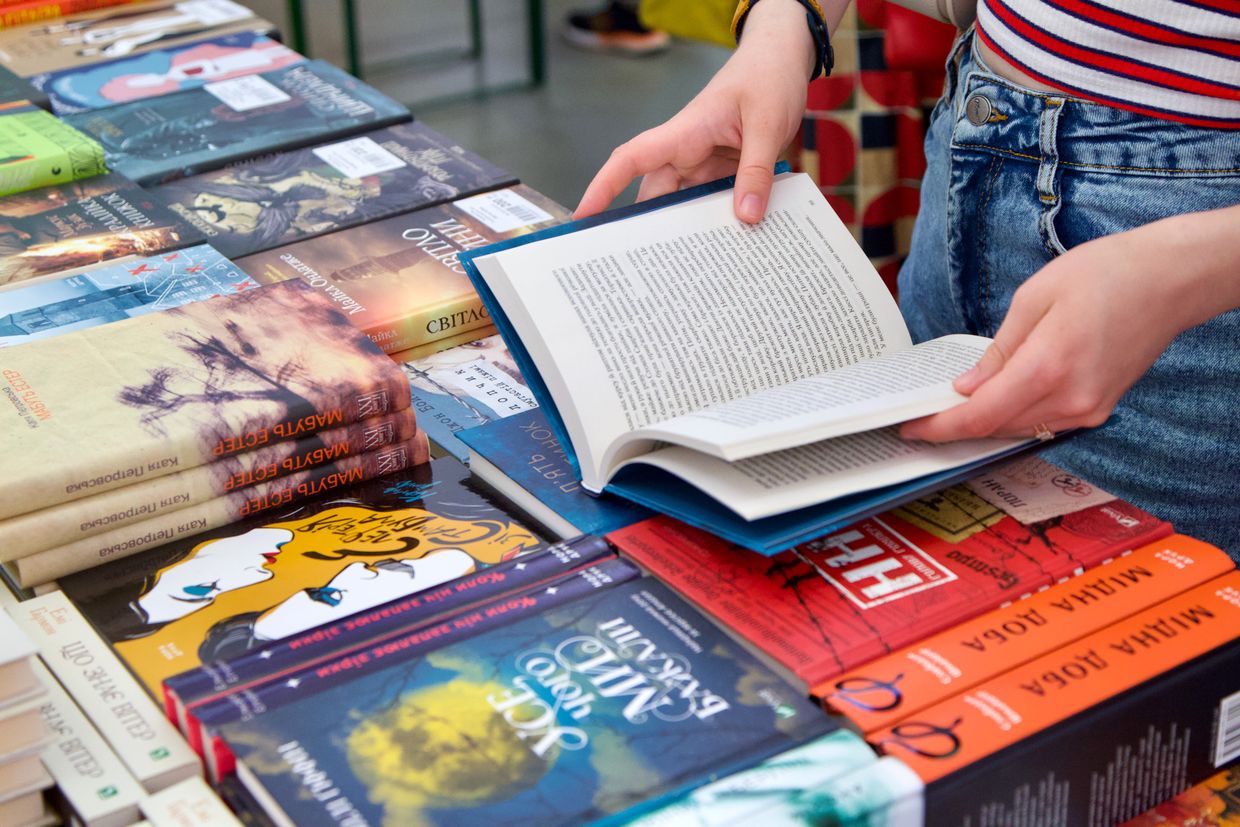
Note from the author:
Hello there! This is Kateryna Denisova, the author of this piece. As Russia’s war against Ukraine grinds on, Ukrainian filmmakers like Kateryna Gornostai are capturing stories that reveal the reality on the ground.
I hope many people will watch these films and learn more about Ukrainian cinema and its directors through interviews like this one.
Your support helps make this work possible. Please consider contributing to sustain our reporting.
.png)
 German (DE)
German (DE)  English (US)
English (US)  Spanish (ES)
Spanish (ES)  French (FR)
French (FR)  Hindi (IN)
Hindi (IN)  Italian (IT)
Italian (IT)  Russian (RU)
Russian (RU)  1 day ago
5
1 day ago
5
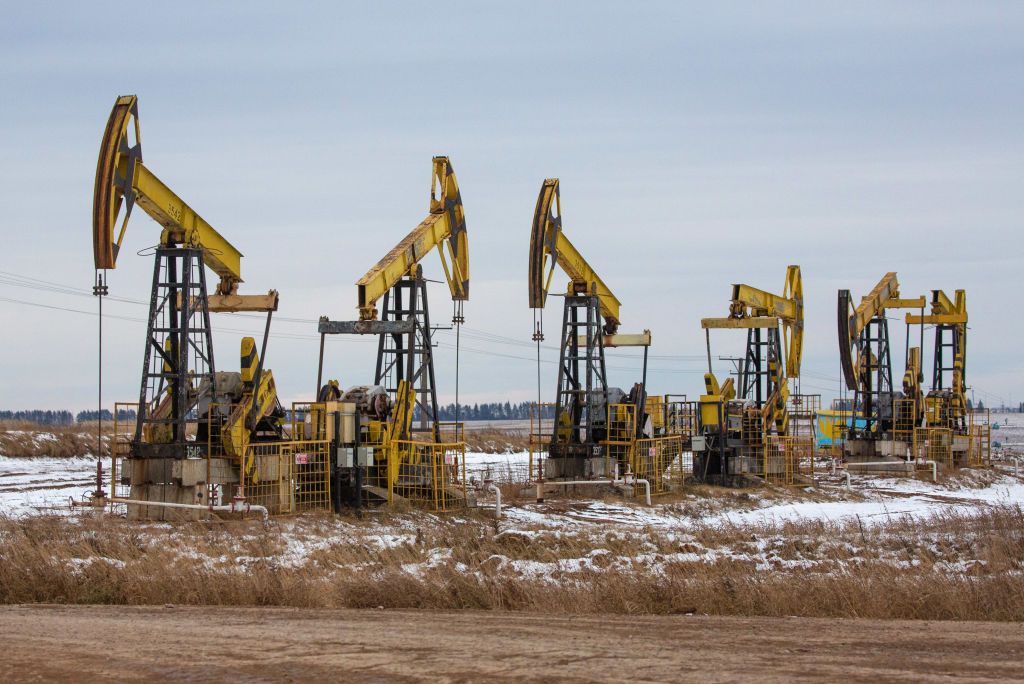
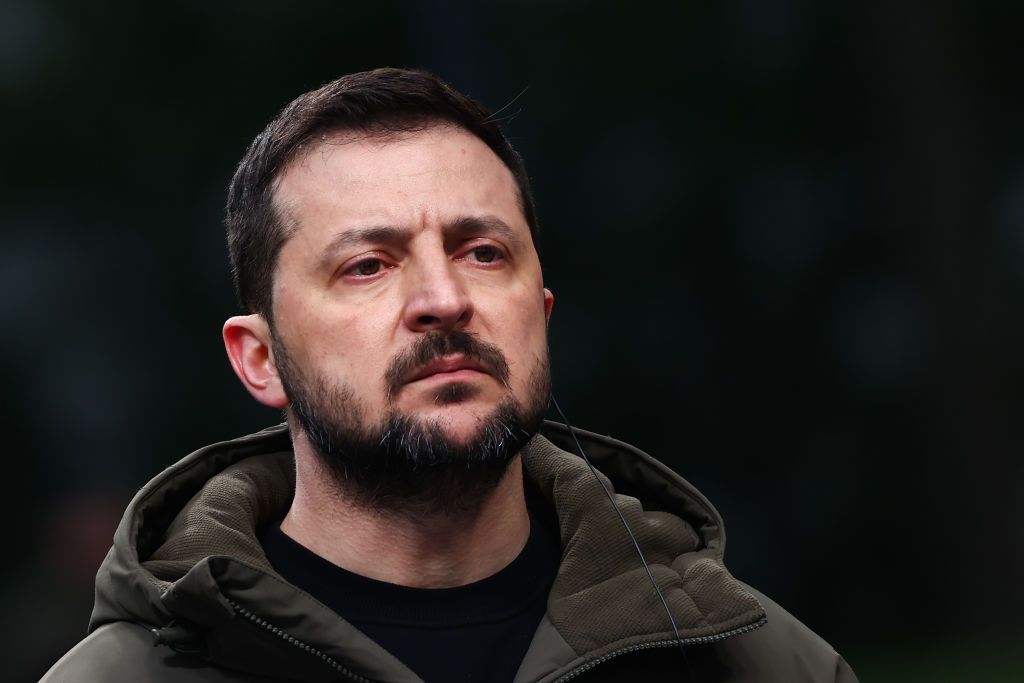
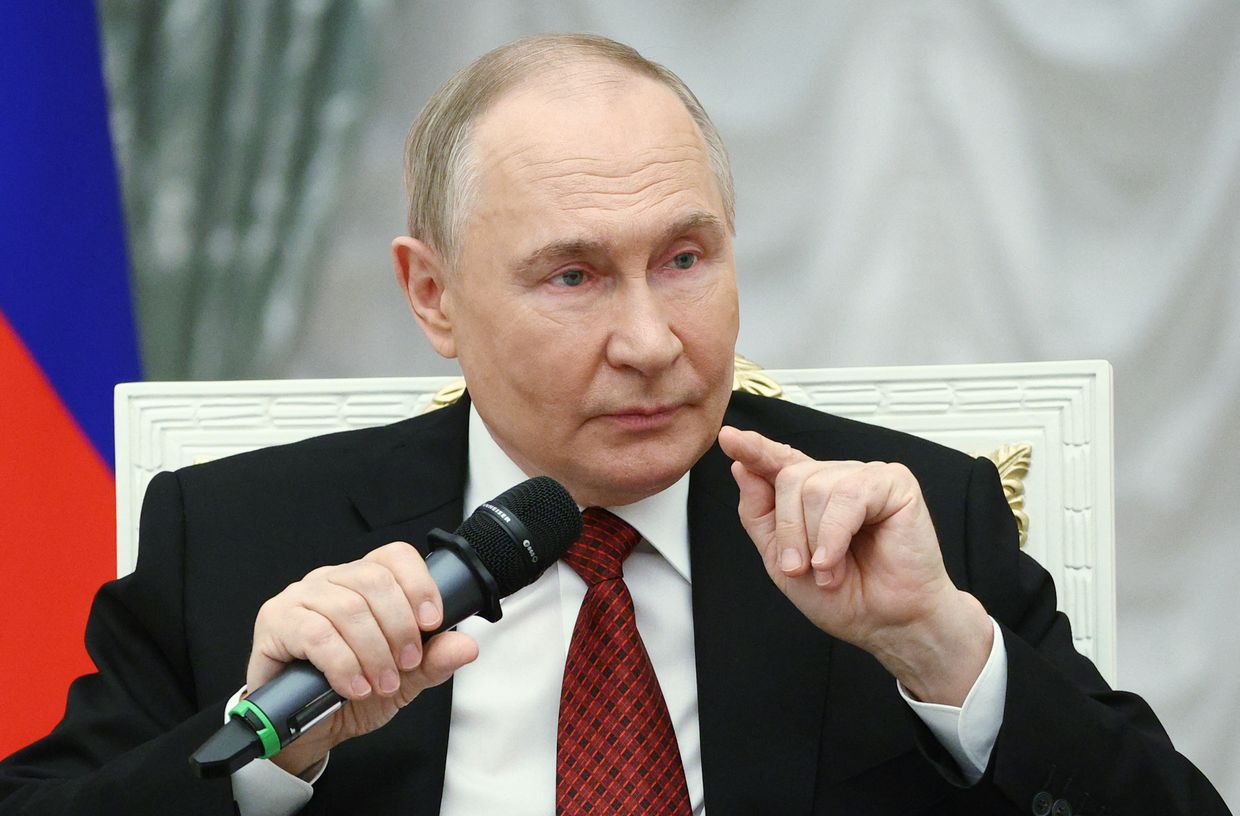
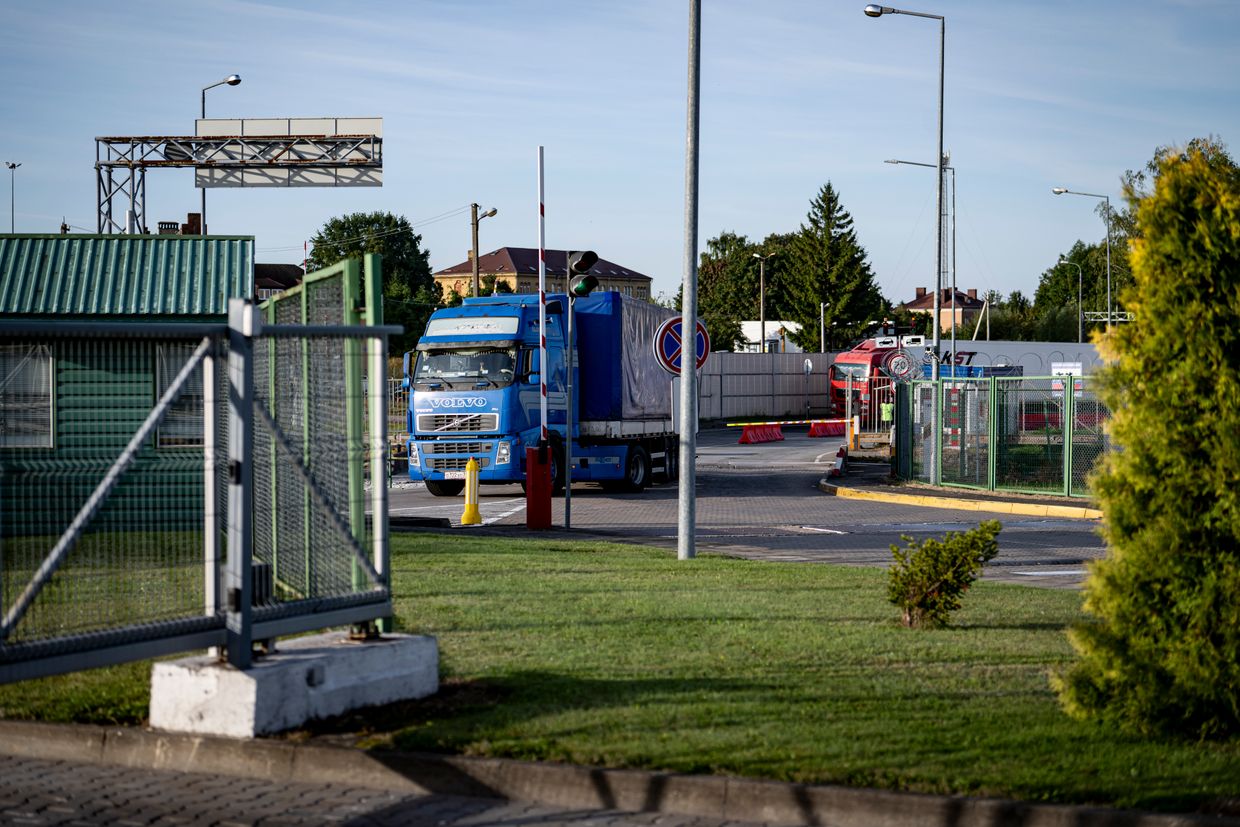
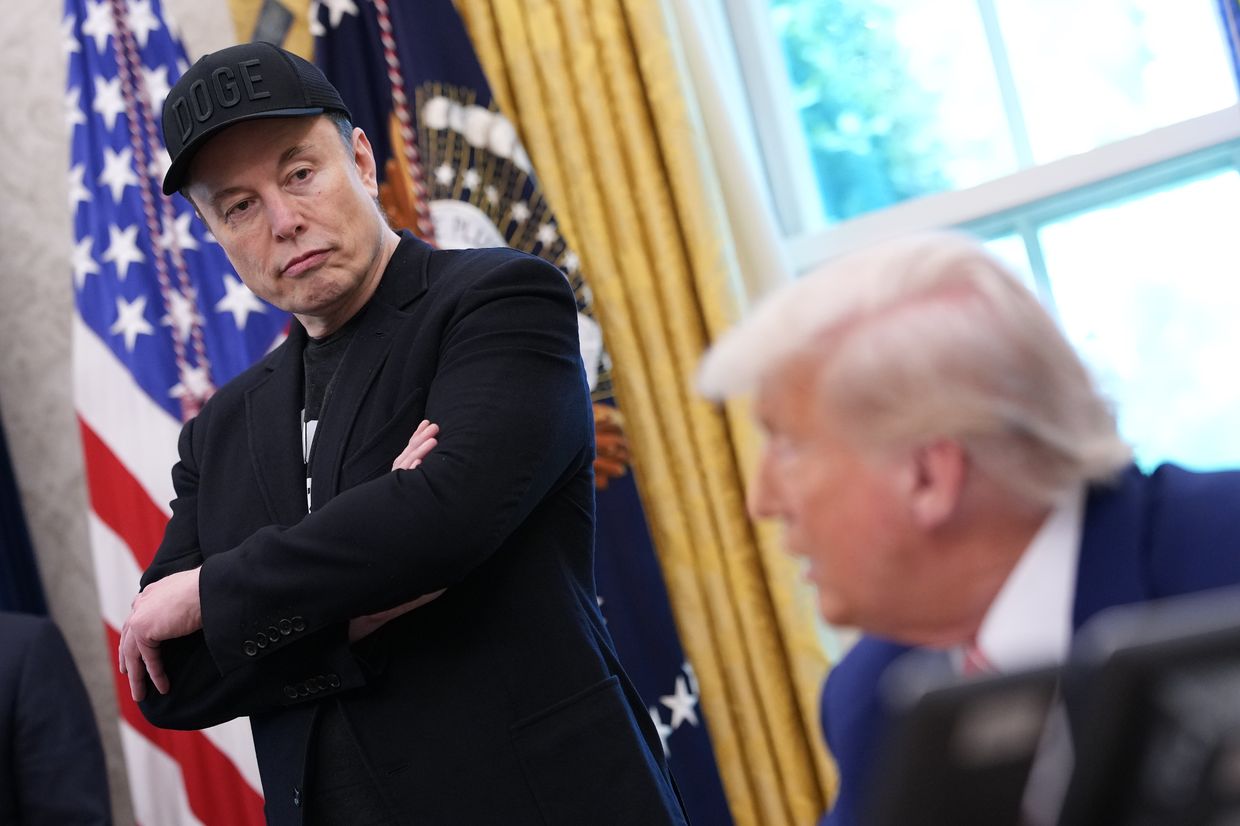

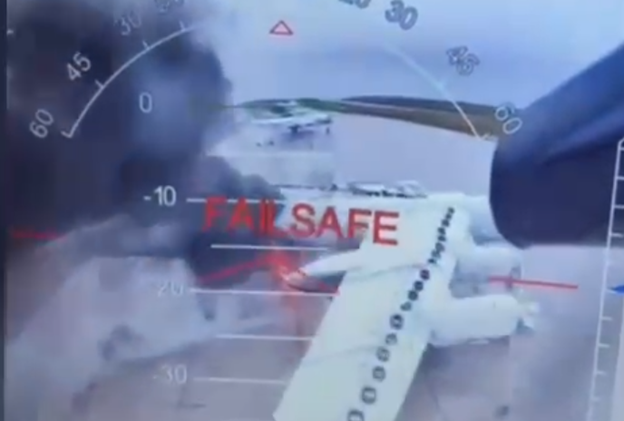

Comments